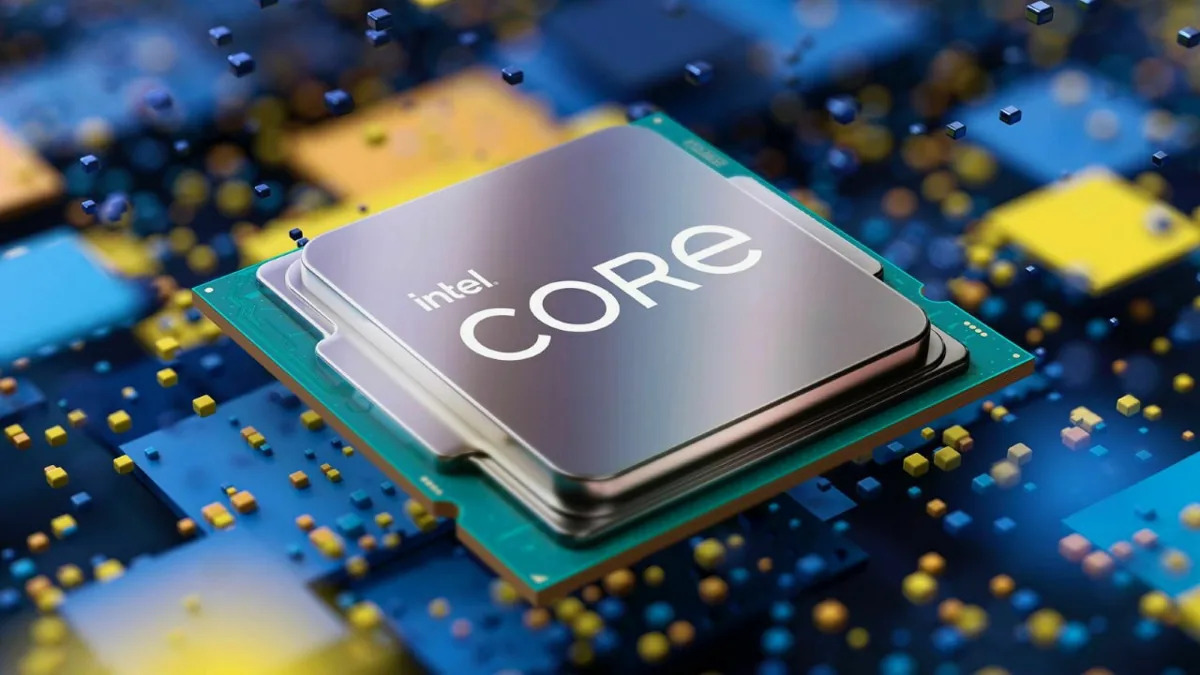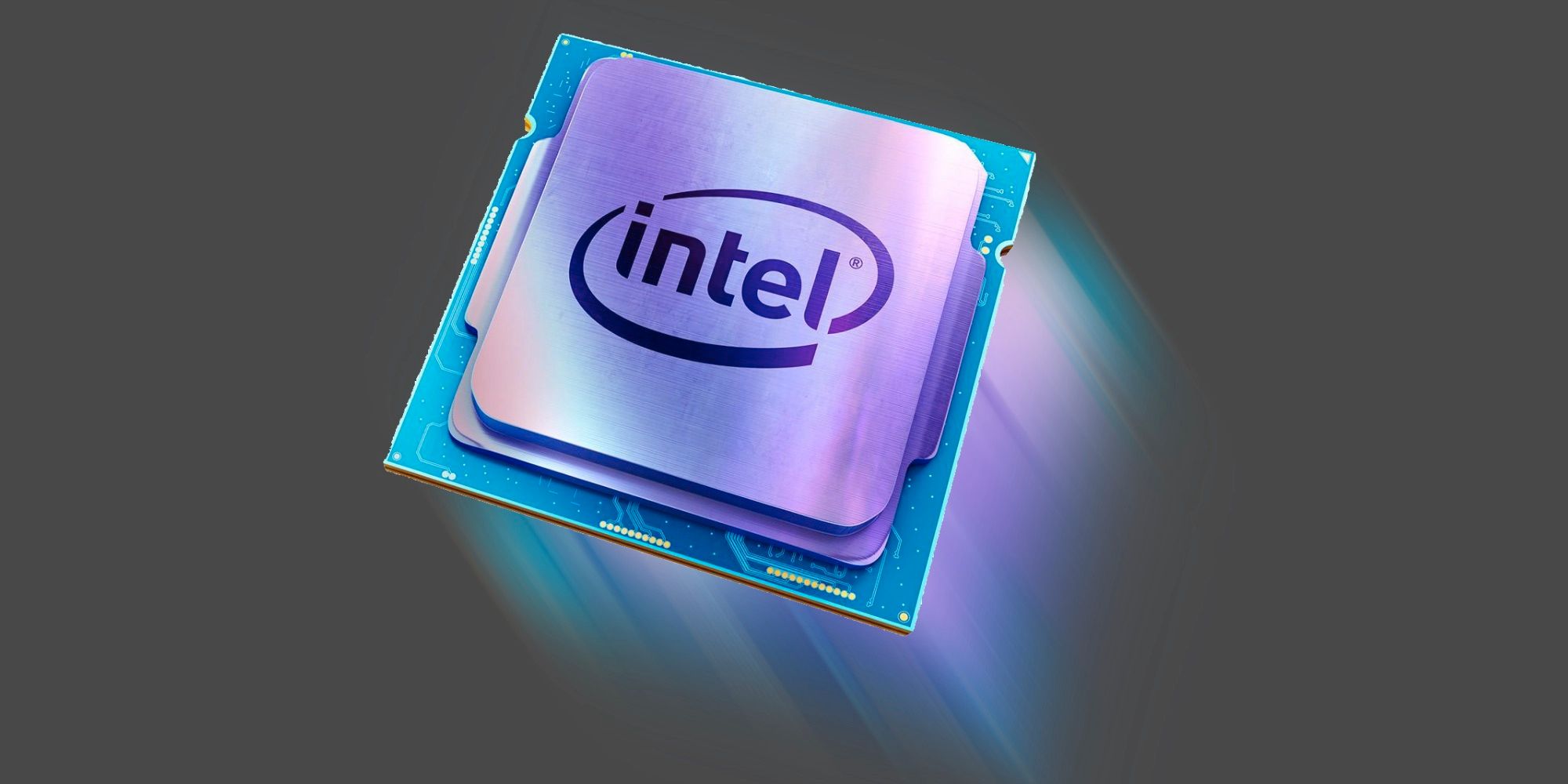In this article, we’ll explore the much-anticipated release of Intel’s 14th Gen processors, their standout features, and some of the early issues that have come to light. With the launch, Intel has pushed performance boundaries for laptops and desktops alike—generating considerable excitement among gamers, creators, and tech enthusiasts. However, the new generation hasn’t come without its share of teething problems.
Intel 14th Gen Release Date
The Intel 14th Gen desktop processors officially launched on 17 October 2023, as part of the Raptor Lake Refresh series. Key models include the Intel Core i9-14900K, i7-14700K, and i5-14600K.
Laptop models featuring 14th Gen processors began arriving in early 2024, with major manufacturers such as Dell, HP, ASUS, and Lenovo releasing devices powered by the new chips.
This generation promises improved clock speeds, better multi-tasking performance, and enhanced power efficiency compared to its 13th Gen predecessors.
Key Features of Intel’s 14th Gen Processors
Increased Clock Speeds
The Intel Core i9-14900K can reach up to 6.0 GHz, delivering faster performance, especially in high-intensity tasks like gaming, video rendering, and 3D modelling.
Hybrid Architecture with Efficient Cores
Like its predecessor, the 14th Gen adopts a hybrid core design, blending high-performance P-cores and power-efficient E-cores. This architecture improves multitasking by allocating tasks intelligently between cores.
Support for DDR5 and PCIe 5.0
The processors support the latest DDR5 memory and PCIe 5.0 standards, ensuring faster data transfer and improved system responsiveness.
Enhanced AI Capabilities
Intel has incorporated AI-accelerated features to improve overall responsiveness and performance in real-time tasks, offering smarter power allocation and system adaptability.
Common Issues After the 14th Gen Release
Despite the performance benefits, several users have reported issues after upgrading to the 14th Gen. Below are some of the most frequently mentioned concerns:
Overheating and Thermal Throttling
Many users, particularly those with the i9-14900K, have noticed high operating temperatures. Even with upgraded power management, overheating remains a challenge—sometimes leading to thermal throttling, where the CPU slows down to prevent damage.
High Power Consumption
The new i9 chip is power-hungry, demanding more electricity and more advanced cooling solutions than its predecessors. This could lead to higher energy bills and extra investment in better hardware cooling setups.
Excessive Fan Noise
Laptops running on 14th Gen processors often suffer from loud fan noise, especially under load. The intense effort to cool down the high-powered chip makes these devices less ideal for quiet environments such as libraries or shared offices.
Reduced Battery Life in Laptops
While performance is impressive, laptops powered by the Intel i9 14th Gen may struggle with battery longevity. Battery drains rapidly during gaming or when running demanding applications, limiting on-the-go usability.
BIOS Bugs and System Instability
Shortly after the release, users reported system crashes, BIOS glitches, and stability issues. Although most manufacturers have since rolled out updates, lingering problems still affect a minority of systems.
Intel i9 14th Gen vs i9 13th Gen vs i5 14th Gen
Intel Core i9 14th Gen
- Outstanding performance with faster clock speeds
- Ideal for demanding workloads and gaming
- Requires efficient cooling and consumes more power
Intel Core i9 13th Gen
- Still a strong performer for many use cases
- Slightly cooler and more energy-efficient
- Offers excellent value with near-identical real-world performance in many tasks
Intel Core i5 14th Gen
- A well-balanced processor offering great performance with lower power usage
- Suited to average users who need reliable computing power without the extremes of the i9 range
Final Thoughts on Intel’s 14th Gen Launch
The release of Intel’s 14th Gen processors marks an exciting leap forward in computing performance, particularly for those who demand top-tier speed and responsiveness. However, potential buyers should be mindful of the heat output, power consumption, and early software bugs that have emerged since launch.
If you’re considering upgrading to a 14th Gen laptop or desktop, especially with the i9 model, make sure the device offers robust thermal management and stay on top of BIOS updates to ensure a smoother experience. For many users, the i5 14th Gen may hit the sweet spot between performance and efficiency.
- Intel 14th Gen Release Date, Features, And Common Issues: What You Need To Know - June 3, 2025
- Play Piercing Fetish: The Sensual Art Of Skin And Needles - December 23, 2024
- Pain And Endorphins: The Science Behind Sadomasochism - December 15, 2024


